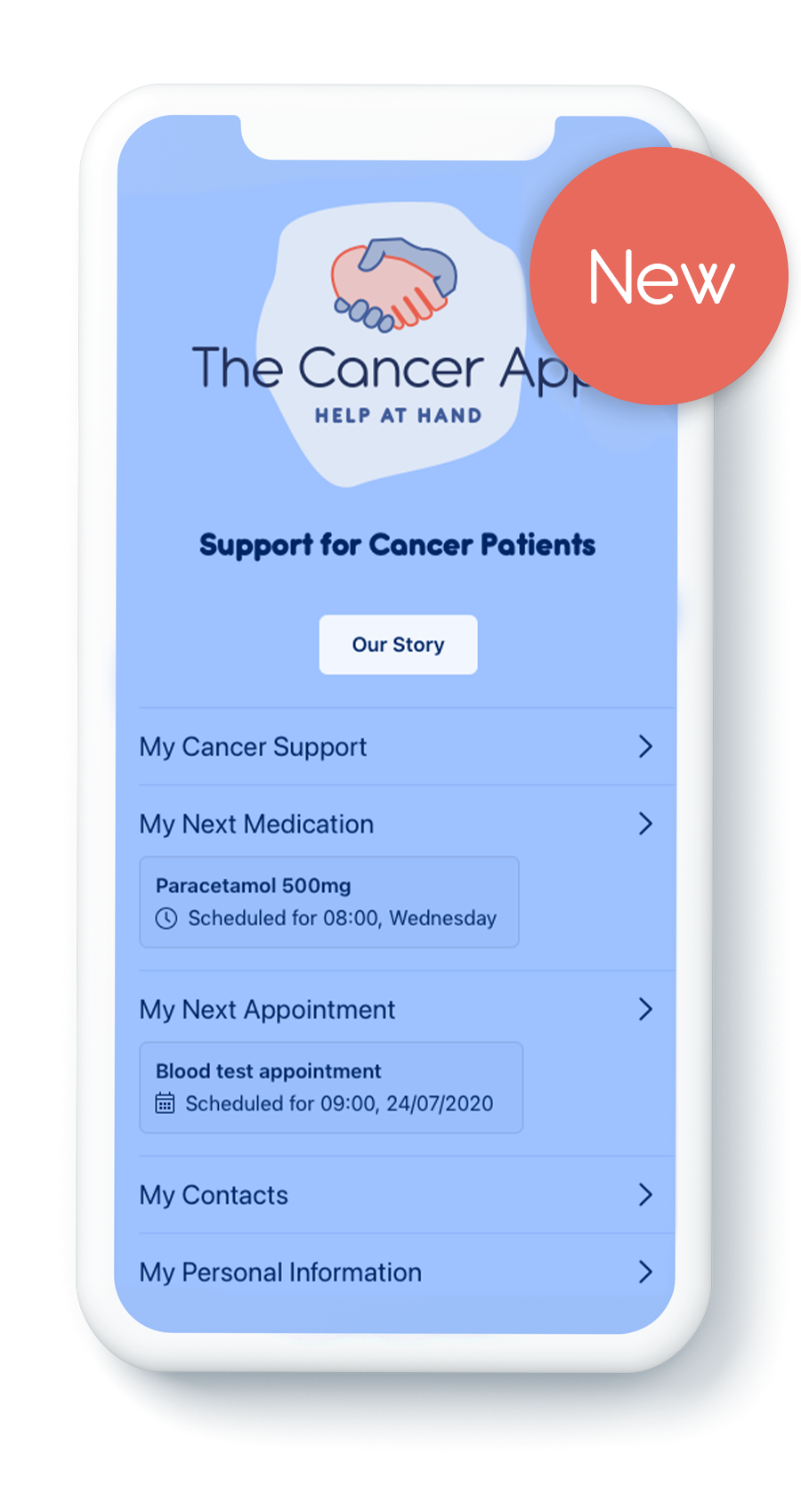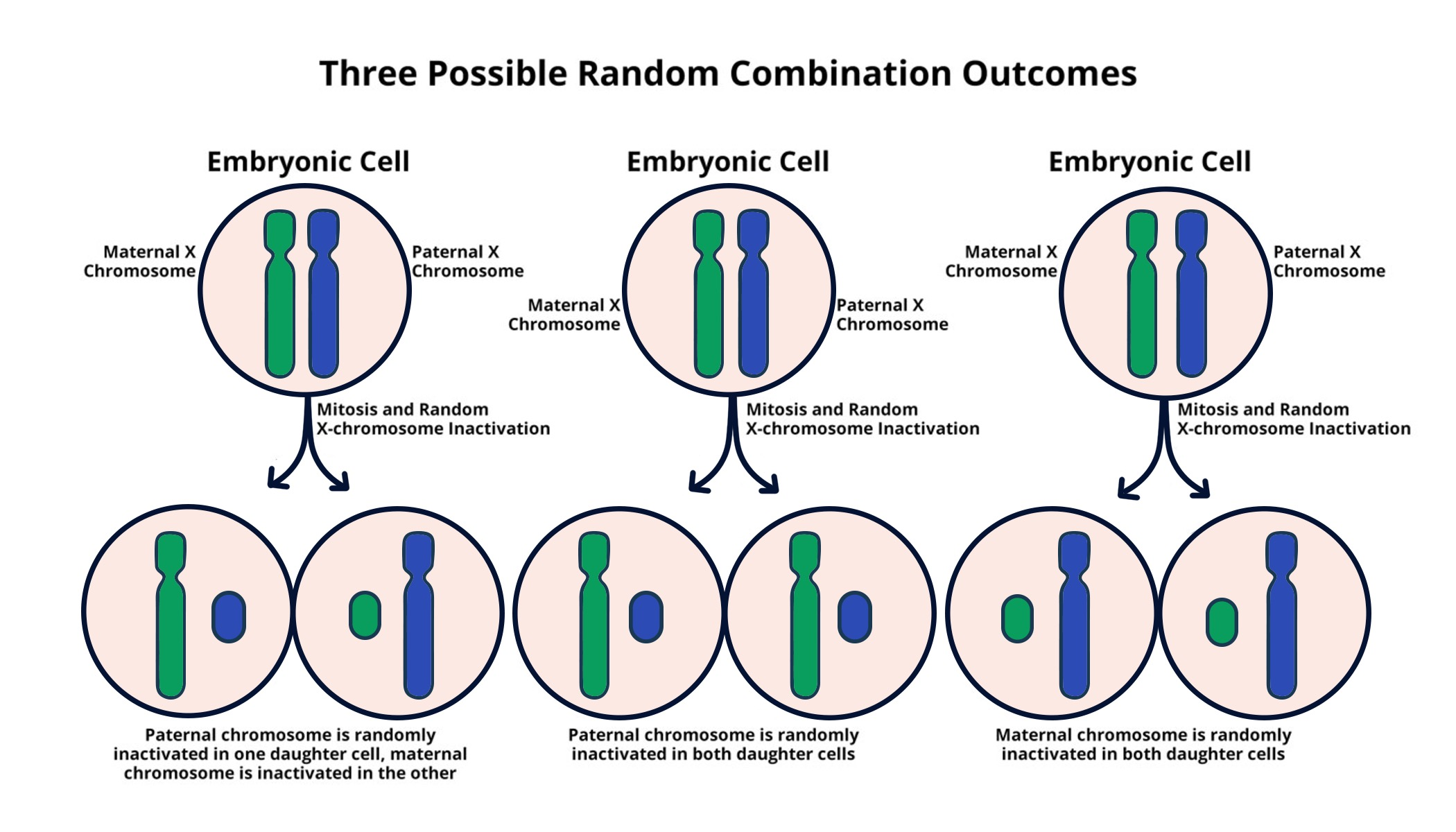Health apps for cancer patients have emerged as vital digital health solutions, providing personalized support to those navigating the complexities of treatment and recovery. These innovative applications utilize AI in healthcare to deliver tailored interventions that accommodate the unique challenges faced by cancer patients. By integrating adaptive health technology, these apps not only remind users of medication schedules but also offer emotional and social support, making the recovery process more manageable. Recent advancements have transformed traditional cancer support applications into sophisticated tools that engage patients in their care, ultimately improving adherence to treatment regimens. With the ability to adapt in real-time based on individual needs, these personalized health apps act as a much-needed lifeline for patients and caregivers alike.
Cancer management has significantly evolved with the introduction of mobile health technologies designed specifically for patients battling this disease. These intuitive applications, often referred to as cancer care tools, harness the power of advanced algorithms and artificial intelligence to offer customized guidance and resources. Patients can benefit from tailored reminders, motivational support, and community connections, all accessible at their fingertips. Moreover, these digital health platforms are constructed to adjust dynamically to the patients’ changing requirements, ensuring that support is always relevant and impactful. As a result, the landscape of cancer support has shifted towards a more proactive and personalized approach, empowering individuals to take charge of their wellness.
The Role of Health Apps in Cancer Patient Support
Health apps for cancer patients are increasingly becoming essential digital health solutions that cater to the unique challenges faced during cancer treatment. With rigorous medication schedules and potential side effects, these apps provide critical reminders and support, ensuring patients adhere to their treatment plans. By utilizing sophisticated algorithms, these applications can customize support functionalities in real-time. This level of personalization is not just beneficial; it is necessary, as studies have shown that adherence rates can be severely impacted by the fear and uncertainty that accompany cancer treatment.
The integration of AI in healthcare has ushered in a new era for personalized health apps, particularly for those battling cancer. These apps do not merely function as static tools; they evolve based on users’ behaviors and feedback. For instance, when utilizing just-in-time adaptive interventions, apps can discern when a patient might feel overwhelmed and adjust their prompts and motivational messages accordingly. This adaptability makes them invaluable companions for cancer patients, akin to having a healthcare coach in their pocket during critical phases of recovery.
Adaptive Health Technology for Improved Outcomes
Adaptive health technology exemplifies the significant shifts occurring in healthcare with the introduction of smart, responsive applications. By leveraging advancements in algorithms, applications like those being developed in Susan Murphy’s lab provide assistance that is tailored to the individual needs of patients. For those dealing with the aftermath of stem cell transplants, where the recovery process can be fraught with complications, such tech can significantly influence their journey toward recovery. It not only facilitates medication adherence but fosters important communication between patients and caregivers, ultimately enhancing the overall health management experience.
Additionally, the incorporation of adaptive health technology can play a pivotal role in engaging patients in their own care. By providing timely feedback and acknowledgments for achieving medication adherence, these applications reinforce positive behavior changes and improve the patient experience. The functionality of these digital health solutions allows for an interactive patient journey that not only focuses on treatment compliance but also emphasizes mental well-being through the gamification elements built into these apps.
Digital Health Solutions: The Future of Cancer Management by Apps
Health management continues to evolve with innovative digital health solutions designed specifically for cancer patients. The use of personalized health apps plays a critical role in improving outcomes by providing tailored support. For instance, apps that remind patients to take their medications are being developed with sophisticated algorithms that can adapt based on the patient’s daily routine. This flexibility is crucial, as cancer treatment often disrupts regular schedules due to side effects, doctor appointments, and other unforeseen circumstances.
Furthermore, these personalized applications utilize machine learning to understand the patient’s unique habits, allowing for real-time customization. By predicting when patients might need reminders the most, these health apps can improve adherence rates significantly. As a result, they not only help in managing cancer medications but also support the emotional and psychological aspects of cancer care, reinforcing the importance of holistic health approaches in the treatment process.
AI in Healthcare: Revolutionizing Cancer Treatment
The impact of AI in healthcare cannot be overstated, especially when it comes to personalized interventions for cancer patients. The algorithms used in health apps are based on vast datasets and machine learning techniques that analyze patient behaviors and response patterns. This analysis equips the apps to predict potential adherence issues before they arise, enabling healthcare professionals to intervene effectively. Innovations such as these are paving the way for more proactive healthcare models, where patients are empowered to manage their treatment actively.
In the realm of cancer care, such AI-driven solutions create a more supportive environment for patients and caregivers alike. By fostering better communication through app features like messaging and reminders, both parties can work collaboratively towards the patient’s recovery. The ability to harness data and apply it in a personalized way not only improves patient outcomes but also enhances their overall experience in navigating the complexities of cancer treatment.
Personalized Health Apps: Enhancing Patient Engagement
Personalized health apps enhance patient engagement significantly, especially in the context of managing chronic illnesses like cancer. By offering customized support that resonates with the individual’s unique circumstances, these apps foster a deeper connection between patients and their healthcare journey. For instance, the incorporation of social support features in these applications enables users to share their experiences and receive encouragement from peers or caregivers, creating a supportive community around cancer treatment.
Moreover, through elements of gamification, these health apps encourage regular interaction and involvement from users. Patients are more likely to engage with their treatment plans when they see tangible rewards for achieving their health goals. This not only improves adherence but also contributes positively to their mental and emotional health during a challenging time, demonstrating the integral role of personalized health apps in comprehensive care.
Cancer Support Applications: A Lifeline for Patients
Cancer support applications serve as vital tools for patients navigating the complexities of their diagnoses and treatments. These apps provide everything from education about the disease to reminders for medication schedules and follow-ups, ensuring that patients are equipped with the knowledge and resources they need to manage their health effectively. Furthermore, features such as community forums and access to health professionals through the app can offer necessary emotional support, helping to alleviate feelings of isolation often experienced by patients.
The ease of access that these cancer support applications provide makes them indispensable in today’s healthcare landscape. Patients can access their therapeutic resources at any time, making it easier to keep track of their treatment plans and maintain communication with their care teams. Through the use of intelligent algorithms, these apps also adjust suggestions based on user feedback, ensuring that the information remains relevant and supportive as the patient’s journey evolves.
The Importance of Continuous Monitoring in Cancer Care
Continuous monitoring plays a crucial role in cancer care management, as it allows for timely interventions and adjustments to treatment protocols. Health apps designed for this purpose can track a variety of metrics, including medication adherence, side effects, and even patient mood. By providing real-time data, healthcare providers can gain deeper insights into a patient’s condition, allowing for proactive adjustments rather than reactive measures when complications arise.
This level of monitoring not only enhances patient safety but also reassures patients that they are not alone in their treatment. Having access to such detailed observations through an app fosters a supportive environment where patients feel empowered to share their experiences and concerns. In this way, continuous monitoring via health apps becomes a critical component of comprehensive cancer care, ensuring both physical and emotional support for patients.
Enhancing Caregiver Support with Digital Solutions
Caregivers play an essential role in the health management of cancer patients, often being the primary point of support throughout the treatment process. Digital health solutions designed for this demographic not only assist in alleviating the burdens of caregiving but also improve communication between caregivers and patients. Apps equipped with features that allow caregivers to monitor medication schedules, communicate with healthcare providers, and even send reminders to patients are invaluable.
By leveraging AI technology, these applications can adapt to the needs of caregivers, understanding when they might require additional support or resources. Empowering caregivers with these digital tools enhances their capability to provide effective support, ultimately contributing to better health outcomes for cancer patients. In essence, these solutions bridge the gap between patients and caregivers, creating a cohesive support network that is essential during treatment.
The Future of Cancer Care and Technology
As technology continues to advance, the future of cancer care appears increasingly intertwined with digital health solutions. With the growing prevalence of personalized health apps and AI in healthcare, patients can expect a more individualized approach to their treatment plans. This evolution signifies a move away from generic protocols towards a more data-driven methodology that recognizes each patient’s unique circumstances and preferences.
Such innovations hold the promise of significantly improving the quality of life for cancer patients. With real-time insights, tailored support, and enhanced communication between patients, caregivers, and healthcare providers, the journey through cancer treatment can become less daunting. The ongoing integration of adaptive health technology will not only reshape patient experiences but also set new standards in the ways cancer care is conducted, ultimately paving the way for a healthier future.
Frequently Asked Questions
What are health apps for cancer patients and how do they work?
Health apps for cancer patients are digital health solutions designed to support individuals undergoing cancer treatment. These applications often utilize AI in healthcare to offer personalized health management by tracking medication schedules, managing side effects, and providing motivational support. By adapting to the user’s needs in real time, these apps help improve adherence to treatment protocols and enhance overall patient wellbeing.
How can personalized health apps benefit cancer patients?
Personalized health apps benefit cancer patients by offering tailored support based on individual needs, such as medication reminders, dietary recommendations, and emotional support. By using adaptive health technology and algorithms, these apps adjust their guidance according to the patient’s circumstances, which can lead to better health outcomes and improved management of their condition.
What features should I look for in cancer support applications?
When choosing cancer support applications, look for features like medication tracking, side effect management, personalized health tips, and mood tracking. Additionally, the integration of social support tools and just-in-time adaptive intervention can enhance the user experience, making the application a more effective resource for managing health during cancer treatment.
Are there specific digital health solutions for stem cell transplant patients?
Yes, there are specific digital health solutions tailored for stem cell transplant patients. These applications incorporate AI in healthcare to monitor recovery, facilitate communication between caregivers and patients, and provide real-time support. For example, the ADAPTS HCT app focuses on helping adolescent and young adult patients manage their treatment regimen while engaging their caregivers, which is crucial for recovery.
How do AI and adaptive health technology improve cancer patient care?
AI and adaptive health technology improve cancer patient care by enabling personalized and responsive interventions. These technologies continuously analyze user data to deliver timely nudges and support, adjusting strategies based on real-time feedback. This ensures that patients receive the most relevant assistance at critical moments, which can improve adherence to treatment and enhance therapeutic outcomes.
Can cancer patients benefit from reinforcement machine learning in health apps?
Absolutely! Cancer patients can benefit from reinforcement machine learning in health apps as it allows these applications to learn from a patient’s previous interactions. This technology helps refine the timing and content of notifications, making them more effective and reducing the likelihood of patients ignoring important reminders, which is essential for following complex treatment protocols.
What role do cancer support applications play in treatment adherence?
Cancer support applications play a crucial role in treatment adherence by providing structured reminders for medication, offering educational resources, and promoting mental health support. By utilizing features like goal setting and real-time feedback, these apps empower cancer patients to take an active role in their treatment, ultimately leading to better health outcomes and improved lifestyle changes.
Are health apps for cancer patients effective compared to traditional methods of support?
Health apps for cancer patients have shown to be effective compared to traditional support methods by providing continuous and accessible help. The use of personalized health apps helps in meeting patients’ changing needs, offers real-time feedback, and creates engaging interactions, all of which contribute to higher adherence rates and improved patient experiences throughout their cancer journey.
| Key Points | Details |
|---|---|
| Personal Health Apps for Cancer Patients | Developed by Susan Murphy’s lab using reinforcement learning algorithms to provide personalized support. |
| Just-in-Time Adaptive Intervention | Apps provide timely support based on real-time data and user context, rather than static advice. |
| Target Audience | Focused on cancer patients, specifically those undergoing stem cell transplants, and their caregivers. |
| Features of the App | Motivational prompts, social support games, and tailored medication reminders based on user behavior. |
| Research Collaboration | Developed in collaboration with clinical partners from the University of Michigan and Northwestern University for clinical trials. |
| Innovation in Health Apps | Unlike typical health apps, these use advanced AI to learn from interactions and improve user engagement. |
| Future Applications | Potential for similar methods in other health domains, including substance use and dental hygiene. |
Summary
Health apps for cancer patients are becoming essential tools, providing profound support through personalized approaches as seen in the groundbreaking work of Susan Murphy’s team. These apps are designed to help patients adhere to medication protocols while also offering social support during challenging recovery periods, particularly for those undergoing stem cell transplants. By utilizing advanced algorithms, these innovative applications offer tailored prompts and encourage caregiver-patient interaction, fostering a more supportive environment for recovery. As technology advances, the potential for such health apps to enhance patient experiences and improve health outcomes continues to grow.


